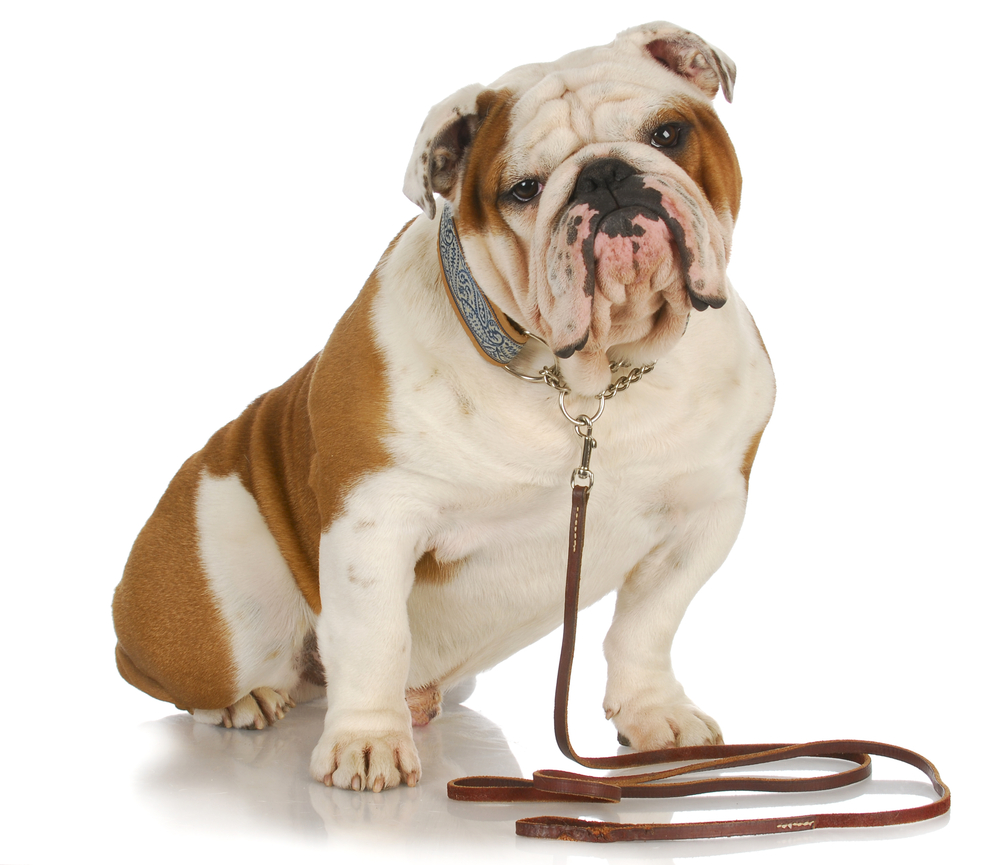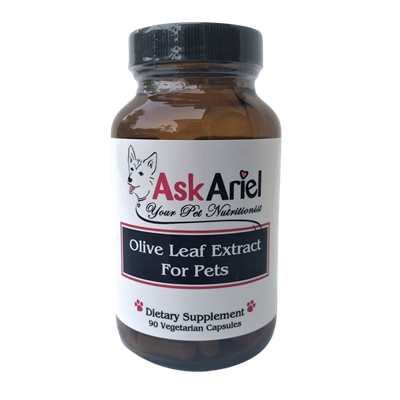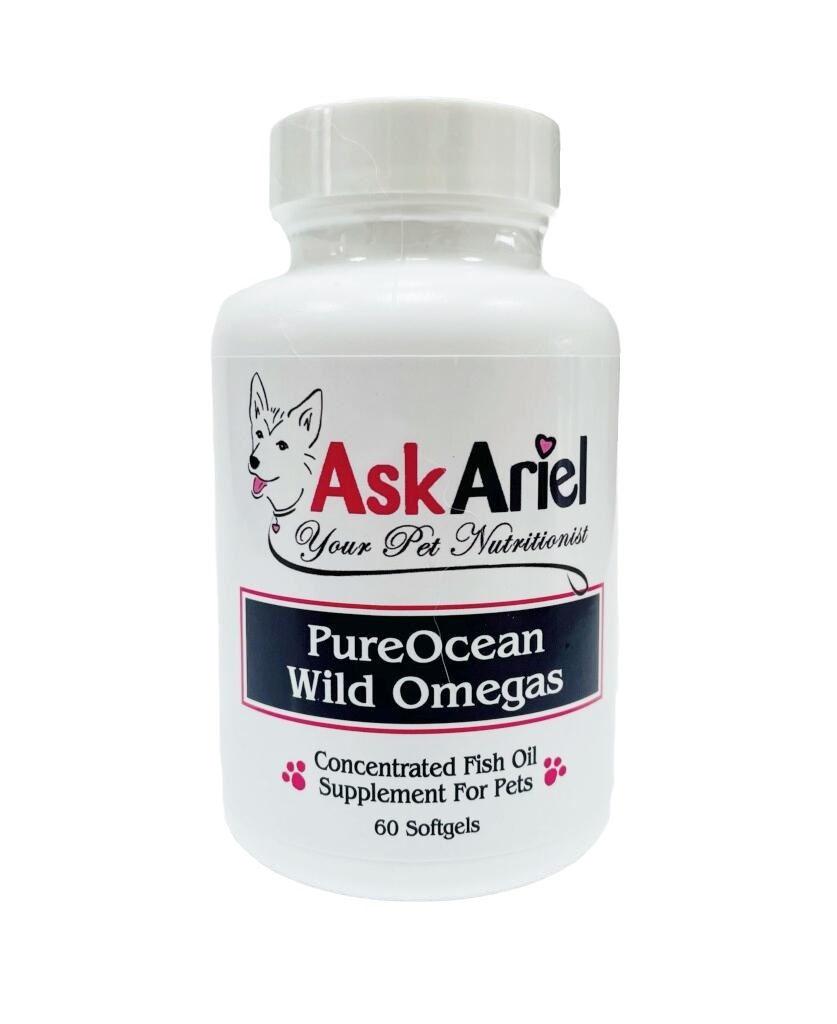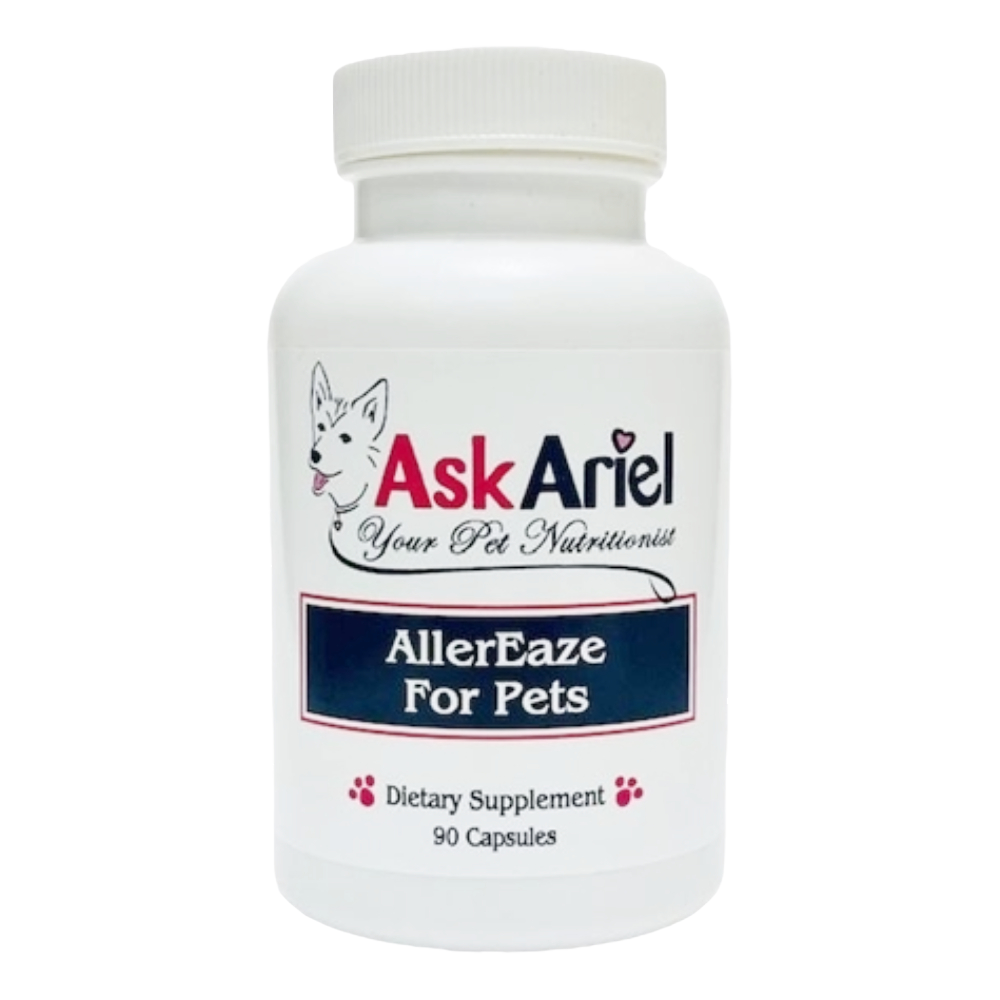|
Natural Treatments for Dog Breathing Problems:
Wheezing, Coughing & Panting
Dog breathing problems can be scary! Seeing your dog breathing heavy, coughing and gagging, panting at night, or wheezing is alarming, and often, quick action on the part of the pet owner is needed. If you notice your dog having difficulty breathing, please contact your veterinarian or emergency center immediately, as some dog breathing problems can be life-threatening. Once you have a diagnosis, conventional veterinary treatments can be combined with dog breathing problem home remedies to achieve the best results.
Dog Breathing Problems Home Remedies
Understanding Dog Breathing Problems
Wheezing, coughing, gagging, and panting are all signs of respiratory distress in dogs, with each symptom pointing to different parts of the respiratory system. Wheezing often results from narrowed airways due to allergies or infections, coughing may relate to the throat or lungs, gagging could indicate a tracheal or esophageal issue, and abnormal panting might be tied to pain, anxiety, or more severe conditions like heart disease or Cushing’s disease. While these symptoms differ, they all warrant attention, as they may stem from minor irritants or indicate serious health conditions.
It’s important to understand that while these symptoms may sometimes seem mild or unrelated, they could be indicative of more severe underlying conditions. For instance, a cough might appear harmless but could signal heart disease or lung cancer. Similarly, what seems like normal panting could be a sign of heatstroke or even anemia. The subtle differences in how these symptoms present are important in diagnosing the specific cause of your dog's respiratory discomfort.
Diagnosis and Veterinary Treatment
If your dog is having breathing problems, it's essential to get a diagnosis from your veterinarian. Veterinarians use various diagnostic methods (X-rays, ultrasounds, blood tests) to identify the cause of breathing problems. A thorough veterinary diagnosis will not only identify the root cause of the respiratory distress but will also guide the appropriate treatment plan. Conventional treatments may include medications and sometimes surgical interventions. Home treatments for dog respiratory problems, like natural supplements and lifestyle changes, can be used along with the conventional care prescribed by your vet.
Dog Wheezing
Wheezing is a high-pitched whistling sound your dog may make when he breathes. It may sound like an asthma attack or labored breathing. It is caused by narrowed airways and inflammation. In most cases, it is louder when the dog exhales, but it can also be present when a dog inhales.
Why is my dog wheezing? Common causes of wheezing are:

- Allergies - Dogs can have allergies just like people, resulting in wheezing and constricted airways. This is a common reaction to allergens such as pollen, mold, dust mites, cigarette smoke, candles and perfumes.
- Chronic Bronchitis - Chronic bronchitis (also known as canine asthma) creates scarring in the airways and can cause wheezing.
- Parasites, Viral & Bacterial Infections - Heartworm parasites can live in the lungs and airways as they migrate to the heart.
- Heart Disease or Lung Cancer - When there is a tumor in the lung tissue or when the pumping efficiency of the heart is compromised, fluid may build up in the lungs and dogs may wheeze as they try to get enough oxygenated air.
Other causes of wheezing could be from inhaling an irritant, such as aerosol products, or an obstruction. Home remedies for dog wheezing such as using a humidifier or olive leaf extract can help soothe symptoms and improve breathing.
Dog Coughing & Gagging
Depending upon the cause, dog coughing can sound differently. It is important to pay attention to the sound and type of cough, how frequently it occurs and whether any blood or mucus is hacked up.
- Dry, deep, hacking coughs are typical with kennel cough (Bordetella) and viral or bacterial infections. The cough will flare up when your pup gets excited or exercises.

- Wet, moist, phlegmy coughs are often due to fluid or phlegm in the lungs and can result in a gargling sound with labored breathing. Frequently diagnosed as pneumonia, canine influenza (dog flu) and chronic bronchitis.
- Deep, honking coughs are characteristic of a condition called collapsed trachea. Dogs with collapsed trachea have a goose honk when they get excited or have pressure on their necks (from a collar or pulling on a leash). It can also happen after eating or drinking.
- Nighttime coughing when lying down can be characteristic of heart disease and congestive heart failure.
If you notice your dog is coughing, and especially if the coughing is persistent, see your veterinarian for diagnosis and treatment. The sooner you begin treatment, the better chance your pup will have for recovery.
Tessie
"A few years after we adopted our rescue dog Tessie, we noticed a very subtle cough. It occurred infrequently and didn't seem to bother her. However, we brought her to the veterinarian and after a month of repeated ultrasounds, a tiny mass was found on her heart. Unfortunately our beloved dog had hemangiosarcoma. While we were devastated with her diagnoses, we were grateful we found the mass early because hemangiosarcoma is one of the most aggressive cancers and had we not known about her condition, the tumor could have burst unexpectedly. Finding the cause of her cough ensured that Tessie had a good quality of life without suffering."
Dog Panting
Panting is a normal behavior for dogs as it helps to regulate body temperature. However, there are two types of panting in dogs: normal and abnormal. Normal panting occurs following exercise, periods of excitement or from being outside in hot weather. Mild panting with an open mouth, bright eyes and relaxed facial features is a “doggie smile,” and the panting should slow and then stop. Abnormal panting can be a sign of discomfort, stress, pain or a health problem that needs attention. Abnormal panting may be louder and last longer (might seem like the dog is always panting) than normal panting, and the dog will may appear to be exerting more effort than normal.
Below are some reasons for abnormal panting:
- Cushing's Disease - Cushing's Disease (hyperadrenocorticism) is a hormonal imbalance in dogs. The adrenal glands produce too much cortisol (steroids) and the earliest and most common symptom of the disorder is excessive panting. Other signs may be hair loss, weight gain, a pot belly, increased thirst and urination, skin changes and irritability or restlessness.
- Pain - Dogs instinctively hide their pain. While some dogs may whine or cry out, more frequently they will pant as an indication of pain.
- Digestive Issues - When dogs experience digestive distress, especially a few hours after eating, they may pant and make gulping noises. If you notice your dog is panting at night, panting excessively, gulping, or you hear tummy gurgling noises, your pet may be suffering with acid reflux, indigestion or other digestive discomforts.
- Anxiety, Stress & Fear - When dogs are anxious, stressed or fearful, they exhibit “behavioral panting”. Other stress indicators may include yawning, pacing, trembling, hiding, whining or crying.
- Heart and Lung Disease - A dog with heart disease cannot pump blood efficiently enough throughout the body, so the tissues become deprived of oxygen. The body tries to compensate by increasing its respiration rate, resulting in panting. Other signs include exercise intolerance, weakness and coughing.

- Heatstroke - It's normal for a dog to pant on a hot day or following exercise, but dogs can get heatstroke. Dogs with heatstroke will pant heavily, appear to have difficulty breathing and may show excessive thirst, high temperature, a fast heartbeat and glazed eyes.
- Anemia – Red blood cells are responsible for the oxygenation of tissue in the body. Anemia is a low red blood cell count that can result in oxygen deprivation and panting. Other signs of anemia can include weakness, elevated heart rate, pale mucous membranes, loss of appetite and rapid breathing.
- Laryngeal Paralysis - The cartilage flaps at the larynx (opening to the windpipe) should open during breathing and close during swallowing, but with laryngeal paralysis, the muscles are either weakened or paralyzed. The condition results in severe panting, raspy breathing, exercise intolerance, restricted airflow, stridor (high-pitched wheezing) and heat sensitivity.
- Bloat – Common in large, deep-chested breeds. When a dog has recently eaten and begins to pant excessively, salivate, pace, and/or retch without vomiting, it may have bloat. Bloat can be a life-threatening emergency, and you should seek out immediate veterinary care.
- Respiratory Infection or Allergic Reaction – Respiratory infections such as pneumonia or bronchitis can cause your dog to pant. Dogs may also struggle to breathe if they are having an allergic reaction, possibly due to a new medication.
Not all panting is a cause for concern. It is a normal part of the cooling process in dogs. Dogs may perspire a little bit through their paw pads but cannot regulate their temperature without panting. Pay close attention to abnormal panting patterns, and seek the assistance of a veterinarian if they continue to occur.
Lifestyle Tips: Home Remedies for Dog Breathing Issues
Supporting your dog's respiratory health doesn't always require complex treatments. By incorporating these simple lifestyle adjustments and home remedies for dog difficulty breathing into your daily routine, you can help your pup feel better. Here are some effective natural treatments and easy changes to consider:
- Maintain a Clean Environment - Regularly clean your home to reduce dust, mold, and other allergens that can trigger respiratory issues. Consider running air purifiers to keep the air free from pollutants and allergens. Use pet-safe, non-toxic cleaning products to avoid irritating your dog’s respiratory system.

- Regular Exercise Ensure your dog gets regular, moderate exercise to maintain a healthy weight and improve overall lung function. Long, slow walks can be especially helpful. Be mindful not to over-exercise, especially in hot or humid conditions.
- Hydration - Always provide fresh, clean water to keep your dog hydrated and help maintain healthy respiratory function.
- Proper Nutrition - Feed your dog a low carbohydrate diet rich in nutrients to support their immune system and overall health. Identify and eliminate potential food allergens that might contribute to respiratory issues.
- Humidifiers - Use a humidifier to add moisture to the air, which can help soothe irritated airways, especially during dry seasons.
- Comfortable Sleeping Environment - Provide an elevated sleeping area to help reduce pressure on the chest and improve breathing. Comfortable bedding can promote better rest.
- Stress Reduction - Create a calm, stress-free environment to help reduce anxiety-related breathing problems.
- Avoid Smoke and Strong Odors Keep your home smoke-free to avoid exposing your dog to harmful fumes. This includes avoiding vaping indoors, as the vapor can still contain harmful chemicals that may irritate your dog's respiratory symptoms. Limit the use of scented candles, perfumes, and air fresheners that could irritate your dog’s lungs.
- Natural Remedies - Supplements like probiotics and olive leaf can help to support the overall health and immune system of dogs with breathing problems. Using a probiotic is essential if your dog has taken steroids or antibiotics, as these medications reduce the population of friendly bacteria in the intestinal tract. Friendly bacteria fight off pathogens, bad bacteria and viruses to help keep your pet healthy. Olive leaf extract is a natural antiviral and antibacterial herbal remedy that has been used since ancient times to support a healthy immune system. Olive leaf extract is effective against multiple types of bacteria that can cause respiratory infections.
Natural Supplements for Dog Breathing Problems
 Olive Leaf Extract For Pets - Olive leaf extract is a valuable herbal remedy for dogs with breathing problems due to its potent antiviral and antibacterial properties, which have been trusted since ancient times. It can be particularly beneficial for dogs suffering from chronic upper respiratory infections (URIs), allergies, bronchitis, and viral infections. The extract is rich in protective polyphenols that enhance immune function and provide strong antioxidant protection. The active ingredient, oleuropein, helps fight against pathogens while preserving the healthy bacteria in your dog's gut. Olive leaf extract is one of the most effective home remedies for dog wheezing as it's antiviral and antibacterial properties can help alleviate respiratory issues and support overall lung health. Olive Leaf Extract For Pets - Olive leaf extract is a valuable herbal remedy for dogs with breathing problems due to its potent antiviral and antibacterial properties, which have been trusted since ancient times. It can be particularly beneficial for dogs suffering from chronic upper respiratory infections (URIs), allergies, bronchitis, and viral infections. The extract is rich in protective polyphenols that enhance immune function and provide strong antioxidant protection. The active ingredient, oleuropein, helps fight against pathogens while preserving the healthy bacteria in your dog's gut. Olive leaf extract is one of the most effective home remedies for dog wheezing as it's antiviral and antibacterial properties can help alleviate respiratory issues and support overall lung health.

PureOcean Wild Omegas - PureOcean Wild Omegas provide essential omega-3 fatty acids that support your dog's respiratory and heart health. These softgels can help reduce inflammation in the lungs, improve overall breathing, and support cardiovascular function, making them an excellent choice for dogs with respiratory issues. PureOcean Wild Omegas is derived from wild-caught sardines, mackerel, and anchovies.
 AllerEaze -An all-natural supplement effective for dog wheezing caused by allergies. It contains quercetin, a natural antihistamine that helps reduce histamine release and stabilize mast cells, which can reduce inflammation and the narrowing of airways. AllerEaze also contains nettles, which have been shown to support respiratory health by reducing allergic responses and inflammation. This combination helps to calm the immune system's overreaction, allowing your dog to breathe more easily. AllerEaze -An all-natural supplement effective for dog wheezing caused by allergies. It contains quercetin, a natural antihistamine that helps reduce histamine release and stabilize mast cells, which can reduce inflammation and the narrowing of airways. AllerEaze also contains nettles, which have been shown to support respiratory health by reducing allergic responses and inflammation. This combination helps to calm the immune system's overreaction, allowing your dog to breathe more easily.
The Best Diet for Dogs With Breathing Problems
When feeding a dog with breathing problems, it's important to understand that these issues can stem from a variety of conditions, including allergies, heart disease, or bronchitis. To support respiratory health and reduce inflammation, a diet that is rich in omega fatty acids and hypoallergenic ingredients is recommended. Omega-3 and omega-6 fatty acids can help reduce inflammation in the airways, making it easier for your dog to breathe. Additionally, a hypoallergenic diet can minimize allergic reactions that may trigger respiratory distress. Avoid common allergens like grains, artificial additives, and fillers, as well as proteins like chicken and beef, which can be problematic for many dogs. Instead, consider raw frozen diets using a novel proteins like venison or rabbit, as these are easy to digest and rich in nutrients. Including small amounts of baked fish or canned sardines packed in water, along with fish oil, can boost the omega 3s in your dog's diet. A fish-based hypoallergenic diet may also be beneficial. By feeding a hypoallergenic diet rich in omega 3s, you can more effectively manage your dog's breathing problems.
There isn't "one" diet that is appropriate for every pet, as age, breed and health conditions vary. On the order form at checkout, please include your pet's diet, and we will include some diet tips for dogs with breathing problems on the packing slip that comes with the product directions.
|